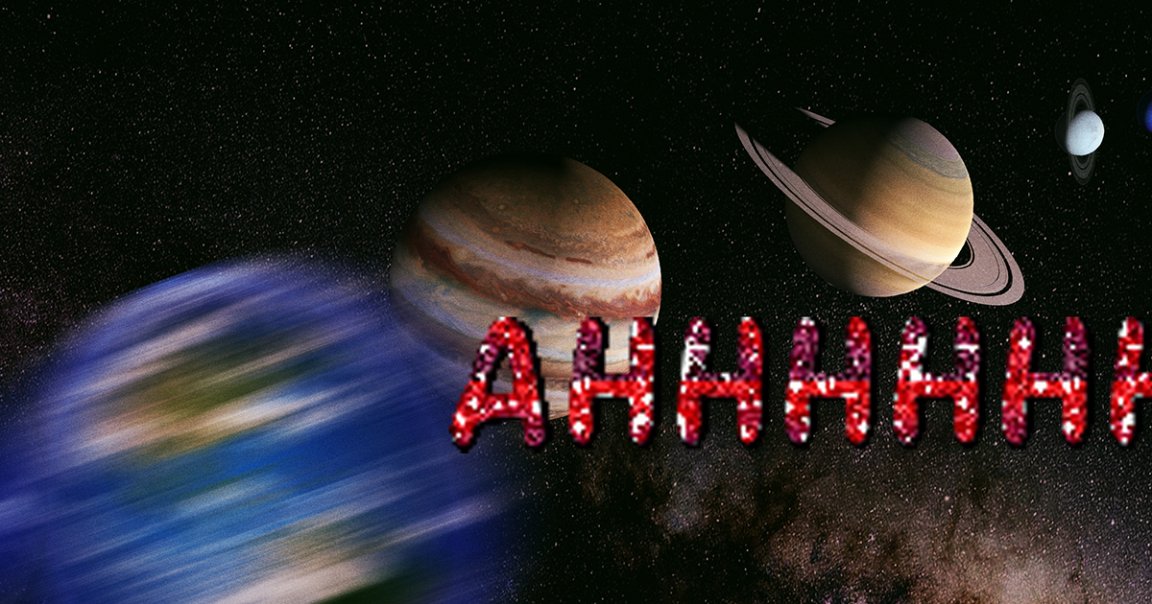
Scientists like to refer to our planet as residing in the “Goldilocks zone,” where it’s neither too hot nor too cold, and just the right distance away from the Sun to support life.
But in the classic “Goldilocks” fairy tale, our eponymous protagonist is forced to flee from the bears’ abode she rudely invited herself into, never to return. No more perfect porridges or adequately sized beds.
That could be the case for Earth one day, if we are to exhaust this analogy. Instead of being booted out by unfriendly bears, however, we might be kicked to the curb by a passing star.
Actually, an untimely eviction might be the good scenario. A new study published in the journal Icarus suggests that the gravity of an unmoored star could, like we mentioned, hurl us into the frigid expanse of space — or it could jumble the orbits of the other planets enough to send one of them crashing straight into Earth, delivered, all too belatedly, like a cosmic misericorde.
Morbid as it is to envision our planet’s demise, the work illustrates how our solar system, far from a sequestered island, is in tune with the rest of the universe, and that astronomers may be overlooking the influence of distant objects.
“Our simulations indicate that isolated models of the solar system can underestimate the degree of our giant planets’ future secular orbital changes by over an order of magnitude,” wrote study lead author Nathan Kaib, an astronomer at the Planetary Science Institute, in the paper.
Summarizing his latest findings, Kaib told Science News there’s about a five percent chance — over the next five billion years — that a wayward star could come within 100 astronomical units of our solar system, or about 100 times the distance between the Earth and the Sun.
Should that happen, all eyes should be on Mercury. In the researchers’ simulations, Mercury’s orbit could become so elliptical that it smacks into either the Sun or Venus. That, in turn, could cause Venus or Mars to careen into Earth — that is, if the gravitational havoc doesn’t cause our planet to go the way of Icarus, instead.
Barring that, Earth could be knocked in the direction of Jupiter, before the gas giant homers us into the void of interstellar space.
There’s a silver lining. “None of these things are probable,” Kaib told Science News. There’s only 0.2 percent chance of one these grim scenarios befalling Earth, in a generous window stretching billions of years.
“Nonetheless, this probability of Earth orbital change is hundreds of times larger than prior estimates,” Kaib emphasizes in the paper.
Kaib previously published research which suggested that the Earth’s orbit was altered by a passing star three million years ago, opening the possibility that events like these could have been responsible for historical fluctuations in the Earth’s climate.
At the same time, it’s a slightly unsettling reminder of just how delicate the architecture of our galactic neck of the woods can be.
“It’s a little scary how vulnerable we may be to planetary chaos,” Renu Malhotra, a planetary scientist at the University of Arizona in Tucson who was not involved with the study, told Science News.
More on astronomy: Scientists Detect Mysterious Object in Deep Solar System